Oftentimes, people who panhandle in Guam claim it is their last resort. Panhandling is a pervasive social issue in Guam that prompted government officials to pass Bill 75-32, also known as the Aggressive Panhandling Act of 2013. The bill ensures the safety of drivers and pedestrians in and along public roads in Guam.
According to the bill, panhandling refers to spoken, written, or printed word as well as usage of bodily gestures and signs with the purpose of obtaining an immediate donation of money or thing of value.
Some examples of aggressive panhandling are engaging in physical contact or intentional touching without a person’s consent during the act as well as intimidation.
Amor Say, lead coordinator of the Guam Homeless Coalition (GHC) and planner/grant administrator of the Guam Housing and Urban Renewal Authority (GHURA), agreed that the general public believes some people who panhandle are homeless. However, she knows of only two people who panhandled that were actually homeless. These individuals have been provided housing through GHURA.
In regard to panhandling and the Aggressive Panhandling Act, Say said, “I do not condone it. There are programs available to assist these people who say it is their last resort.”
According to Say, it is difficult to confirm if people who panhandle are truly homeless unless a social worker verifies them. After a social worker determines their residential status, it is still the individual’s choice if they want to assistance or not.
There is the possibility of individuals refusing assistance such as housing due to a lack of trust in others.
In order to engage the local homeless population and gain trust, there are many community outreach events held regularly. The annual Passport to Services event provides direct services such as immunizations, information and housing referrals, medical and mental healthcare.
Additionally, the event is an opportunity for outreach to people experiencing homelessness for the first time or homeless people not surveyed during the annual Guam Homeless Point-In-Time Count Report for reasons unknown.
The programs provided are referred to as support services. The Continuum of Care (CoC) Program grant funds are allocated to government agencies and local nonprofit organizations. By doing this, GHURA and GHC aim to prevent homelessness and re-house individuals and families. Both organizations also have a goal to increase self-sufficiency among homeless individuals and families.
The 2015 Guam Homeless Point-In-Time Count Report conducted by the GHC and GHURA annually concludes that many people who panhandle are not homeless, contrary to popular belief.
Student commentary on panhandling
Maria Tenorio, a senior majoring in psychology, does not view panhandling as a social issue as long as it is not the individual’s main source of income. She also said it is important that there are good intentions behind the cause, but it is difficult to determine. She compared panhandling to online crowdfunding through GoFundMe.
GoFundMe is an organization that allows people to create fundraising campaigns for donations via check or bank transfer. In addition to a website, the organization has a mobile application and boasts that there are no deadlines and goal requirements. GoFundMe also stated that individuals are allowed to keep every donation they receive via their campaign(s).
Although Tenorio has not given money to local panhandlers, she has considered it.
“I am usually cautious about it because I am worried about giving money to a fake cause,” Tenorio said.
Tenorio agreed that there should be a screening process to regulate panhandling because it is currently legal in Guam. She acknowledged the potential for people to garner sympathy for illegitimate purposes as a downside of panhandling.
She stated that it is unfortunate that some people consider panhandling as their last resort, especially if they are homeless.
When asked about the programs she knew of that provide assistance to the local homeless population, Tenorio said she knew of Catholic Social Services, Sanctuary, Inc., and GHURA.

